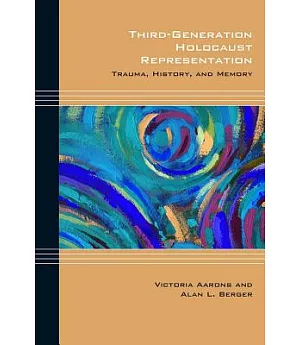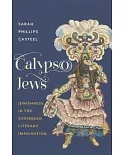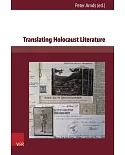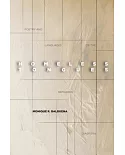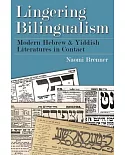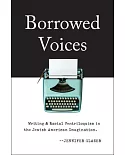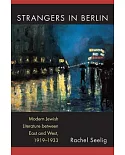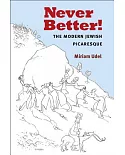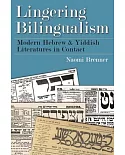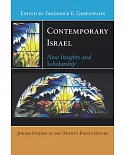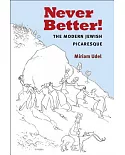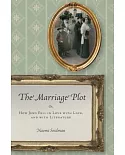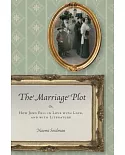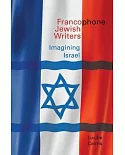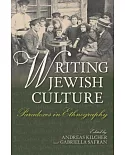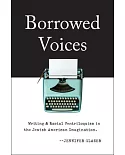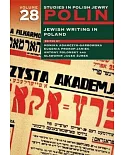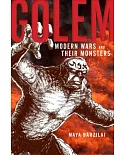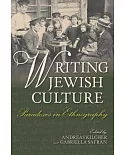Victoria Aarons and Alan L. Berger show that Holocaust literary representation has continued to flourish well into the twenty-first century—gaining increased momentum even as its perspective
shifts, as a third generation adds its voice to the chorus of post-Holocaust writers. In negotiating the complex thematic imperatives and narrative conceits of the literature of
third-generation writers, this bold new work examines those structures, tropes, patterns, ironies, disjunctions, and overall tensions that produce a literature that laments unrecoverable loss
for a generation removed spatially and temporally from the extended trauma of the Holocaust. Aarons and Berger address evolving notions of “postmemory”; the intergenerational and ongoing
transmission of trauma; issues of Jewish cultural identity; inherited memory; the psychological tensions of post-Holocaust Jewish identity; the characteristic tropes of memory and the
personalized narrative voice; issues of generational dislocation and anxiety; the recurrent antagonisms of assimilation and historical alienation; the imaginative re-creation and
reconstruction of the past; and the future of Holocaust memory and representation.

